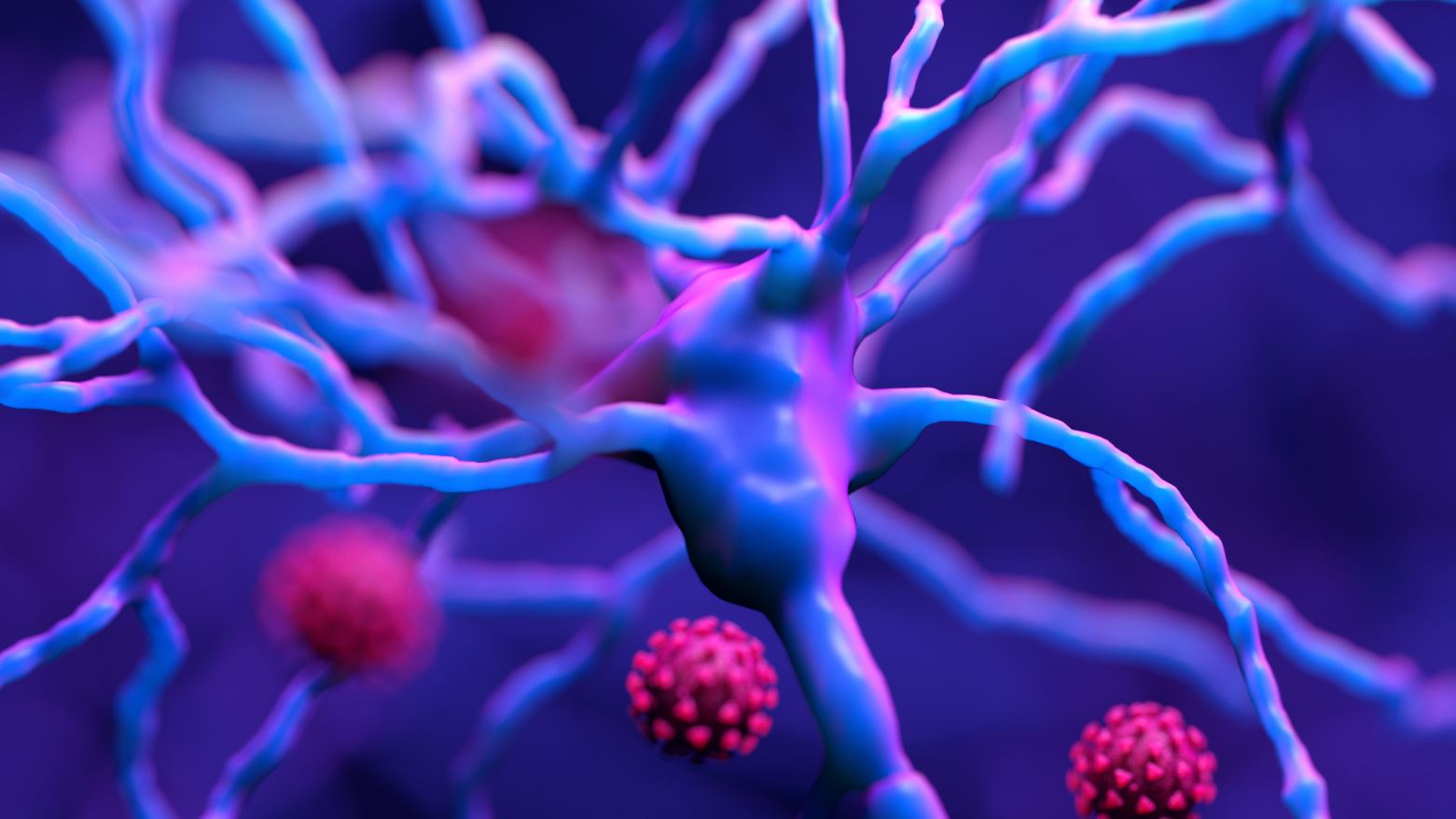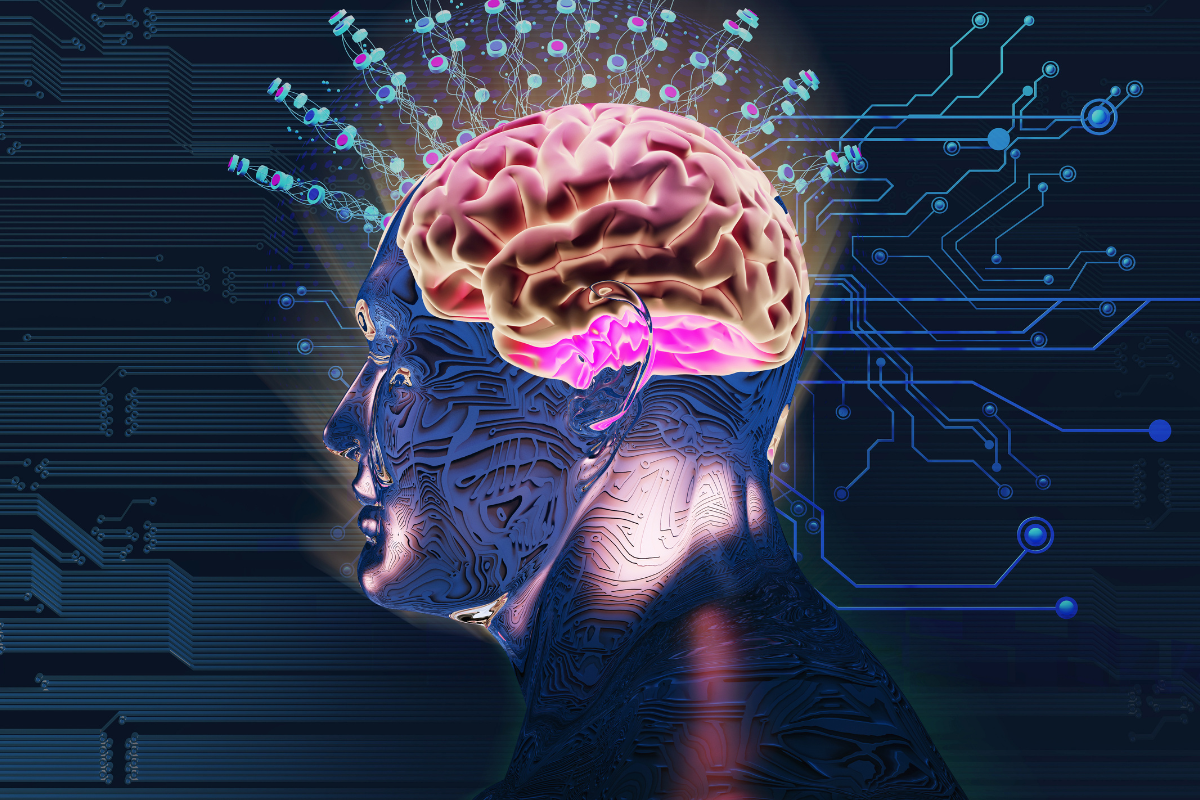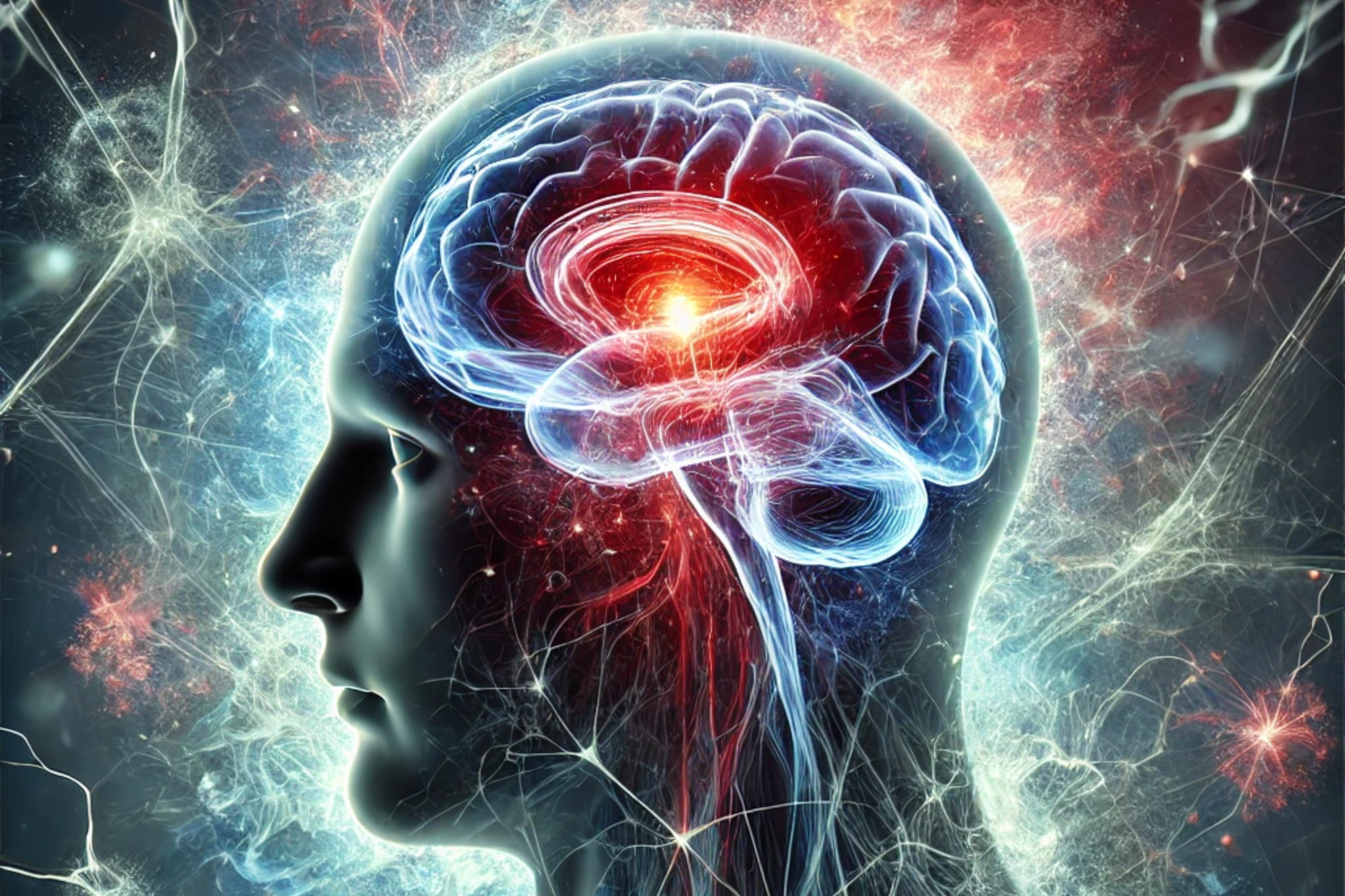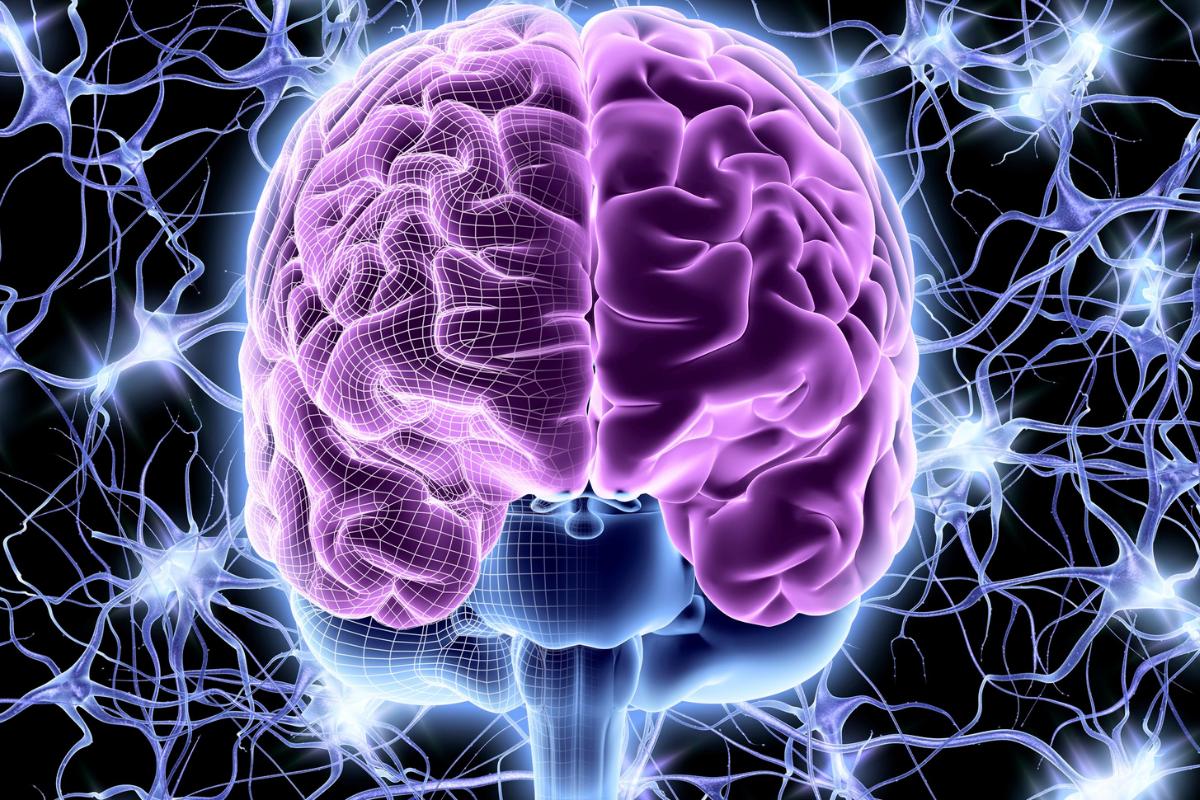By Dr. Petrus Raulino
A review published in the journal Current Psychiatry Reports analyzed the effect of COVID-19 on the biological characteristics of vulnerability to suicide and their interaction with the biological pathways related to suicide.
The hypothesis is that SARS-CoV-2 interacts with various biological processes underlying suicidal behavior, such as the renin-angiotensin system, nicotinic receptors (dysregulation of the cholinergic anti-inflammatory pathway) and central and systemic inflammation.
In addition, social distancing measures can also worsen objective (physical distancing) or subjective (loneliness) social disconnection, increasing the risk especially in people with a predisposition to mental disorders.
As for the renin-angiotensin system, recent research on COVID-19 has shown that the virus enters host cells through the interaction of its "spike" protein with the angiotensin-converting enzyme 2 (ACE-2) receptor, decreasing its activity.
By unbalancing the ACE/ACE-2 metabolic pathways, COVID-19 could theoretically affect vulnerability to suicide in individuals who carry the ACE "risk" genotypes.
Patients at risk of suicide may be more susceptible to dysregulation of the hypothalamic-pituitary-adrenal axis following SARS-CoV-2 infection because the virus targets ACE-2 and may affect the ACE/ACE-2 balance that is associated with dysregulation of the hypothalamic-pituitary-adrenal axis in depressed individuals.
COVID-19-related inflammation can also extend to the Central Nervous System through blood-brain barrier breakdown, viral neuroinvasion and cytokine secretion.
In viral infections, several mechanisms may be related to neuroinflammation: retrograde axonal transport of the virus from the respiratory mucosa, peripheral inflammation that modulates brain function and migration of mononuclear cells transporting the virus across the blood-brain barrier.
In the brain, SARS-CoV-2 infection can theoretically initiate chronic low-grade inflammation that alters cognitive functions and induces neurotoxicity and neurodegeneration, thus setting the stage for psychiatric disorders.
Knowledge of the interactions between COVID-19 and the neurobiology of suicide could bring benefits for the development of suicide prevention treatments in the context of the pandemic.
In addition, it can help to demystify the search for treatment with a psychiatrist. medicines against Covid.
References
Conejero, I., Nobile, B., Olié, E., & Courtet, P. (2021). How does COVID-19 affect the neurobiology of suicide? Current psychiatry reports, 23(4), 1-13.
Lan, J., Ge, J., Yu, J., Shan, S., Zhou, H., Fan, S., ... & Wang, X. (2020). Structure of the SARS-CoV-2 spike receptor-binding domain bound to the ACE2 receptor. Nature, 581(7807), 215-220.
Zheng, Y. Y., Ma, Y. T., Zhang, J. Y., & Xie, X. (2020). COVID-19 and the cardiovascular system. Nature Reviews Cardiology, 17(5), 259-260.
Hoffmann, M., Kleine-Weber, H., Schroeder, S., Krüger, N., Herrler, T., Erichsen, S., ... & Pöhlmann, S. (2020). SARS-CoV-2 cell entry depends on ACE2 and TMPRSS2 and is blocked by a clinically proven protease inhibitor. cell, 181(2), 271-280.
Farsalinos, K., Niaura, R., Le Houezec, J., Barbouni, A., Tsatsakis, A., Kouretas, D., ... & Poulas, K. (2020). Nicotine and SARS-CoV-2: COVID-19 may be a disease of the nicotinic cholinergic system. Toxicology reports, 7, 658.
Mamdani, M., Gomes, T., Greaves, S., Manji, S., Juurlink, D. N., Tadrous, M., ... & Antoniou, T. (2019). Association between angiotensin-converting enzyme inhibitors, angiotensin receptor blockers, and suicide. JAMA network open, 2(10), e1913304-e1913304.
Ancelin, M. L., Carrière, I., Scali, J., Ritchie, K., Chaudieu, I., & Ryan, J. (2013). Angiotensin-converting enzyme gene variants are associated with both cortisol secretion and late-life depression. Translational psychiatry, 3(11), e322-e322.
Sparks, D. L., Hunsaker III, J. C., Amouyel, P., Malafosse, A., Bellivier, F., Leboyer, M., ... & Helbecque, N. (2009). Angiotensin I?converting enzyme I/D polymorphism and suicidal behaviors. American Journal of Medical Genetics Part B: Neuropsychiatric Genetics, 150(2), 290-294.
Hishimoto, A., Shirakawa, O., Nishiguchi, N., Hashimoto, T., Yanagi, M., Nushida, H., ... & Maeda, K. (2006). Association between a functional polymorphism in the renin-angiotensin system and completed suicide. Journal of neural transmission, 113(12), 1915-1920.
Baghai, T. C., Schule, C., Zwanzger, P., Minov, C., Zill, P., Ella, R., ... & Rupprecht, R. (2002). Hypothalamic-pituitary-adrenocortical axis dysregulation in patients with major depression is influenced by the insertion/deletion polymorphism in the angiotensin I-converting enzyme gene. Neuroscience letters, 328(3), 299-303.







